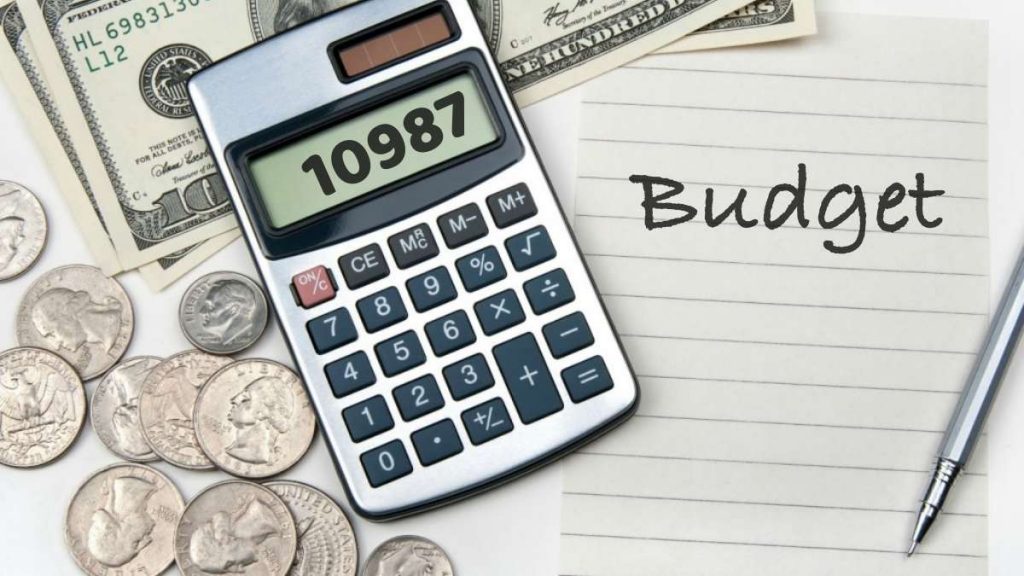When working towards your financial goals, it is essential to reassess your budgets regularly; this article discusses how you can effectively reassess your budgets.
Review Outstanding Debt
Looking at what you currently owe is an excellent place to start. Check your outstanding balances on any borrowing and your monthly repayments. You will have fixed repayments as part of the agreement for some of these, but for any credit card debt, it can be tempting to only make the minimum repayment each month. Whilst it may seem more manageable to do so, reviewing what you have paid against the interest accrued will put this in perspective.
Review any loans on a fixed repayment schedule to see if you can make overpayments, as many lenders will be willing to help you do so. It is important to note that you should check for any fees for doing this.
Switch & Save
When reassessing your finances, finding what is currently working well and what isn’t can help form better choices. For example, if your credit card is out of its 0% interest promotion or coming to the end of it, looking at balance transfer cards can help avoid having to start paying interest on your debt. Using comparison sites like Uswitch, MustCompare or even through a Credit Reference Agency (CRA) such as Experian or Equifax, you will be able to see what products are currently available. This doesn’t just go for any credit cards, but also if you feel you are paying too much for services like utility bills, broadband, TV packages and insurance products. Taking the time to check what you’re currently paying out for could save you money.
One way to improve your budgeting is by taking the ‘cost-neutral’ approach, which means cutting back in some areas and putting the money saved into other expenses. If you can reduce, for example, £50 on one bill per month, you can then put this amount into your loan balance or an emergency savings fund. Your total outgoings will be the same, but you would have shifted how your money is working to reduce your overall bills.
Reassess Your Goals
Everyone has good intentions when setting goals, but were they achievable? It’s easy to say you plan to reduce your outstanding debt by a certain amount or save this amount of money by June, but life happens, and best-made plans don’t always pan out that way. 2020 is a perfect example of this where a developing situation can suddenly be all-consuming. This, however, doesn’t mean you can’t achieve any goals but instead is the perfect time to reassess them. Positivity goes a long way when sticking to goals, so celebrating even the smallest milestones is an excellent mindset. After all, it would help if you stayed motivated to achieve your financial goals.
Overall, being specific on what you want to achieve for the longer term with benchmarks along the way to check regularly will create attainable budgeting goals. Getting help shouldn’t be dismissed either, so speaking to your creditors if you find yourself struggling to meet your repayments on time may help you to reorganise and reassess your existing financial situation.
